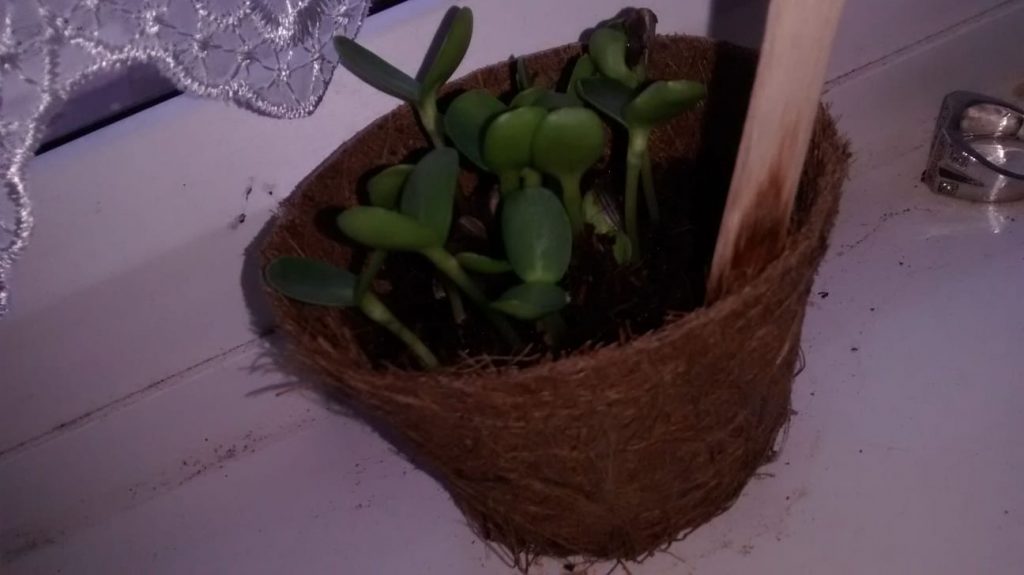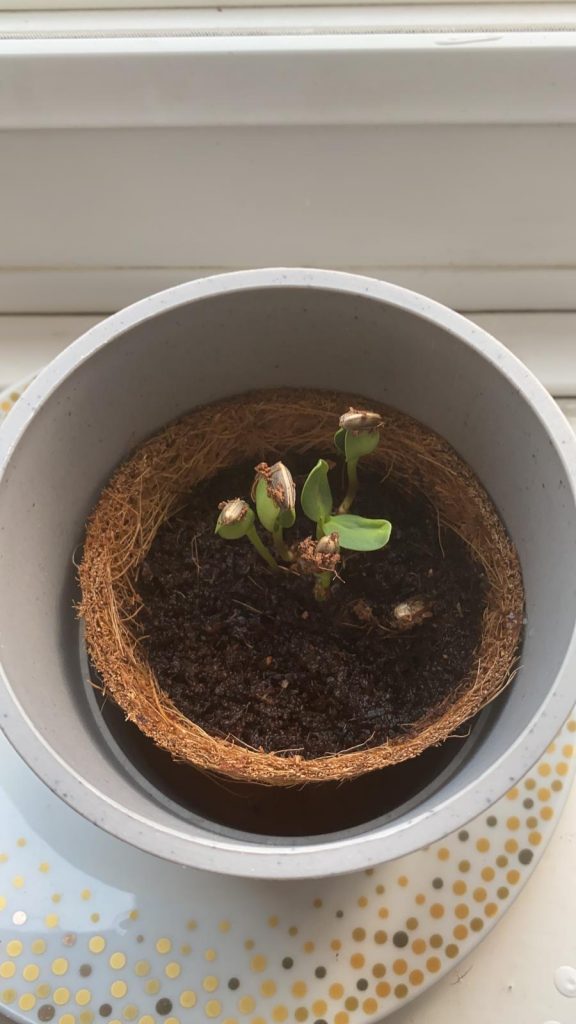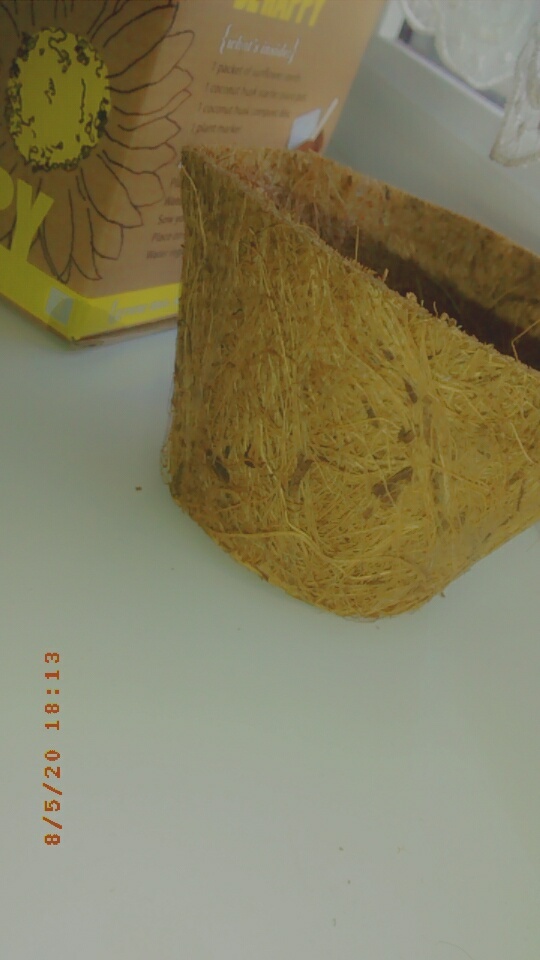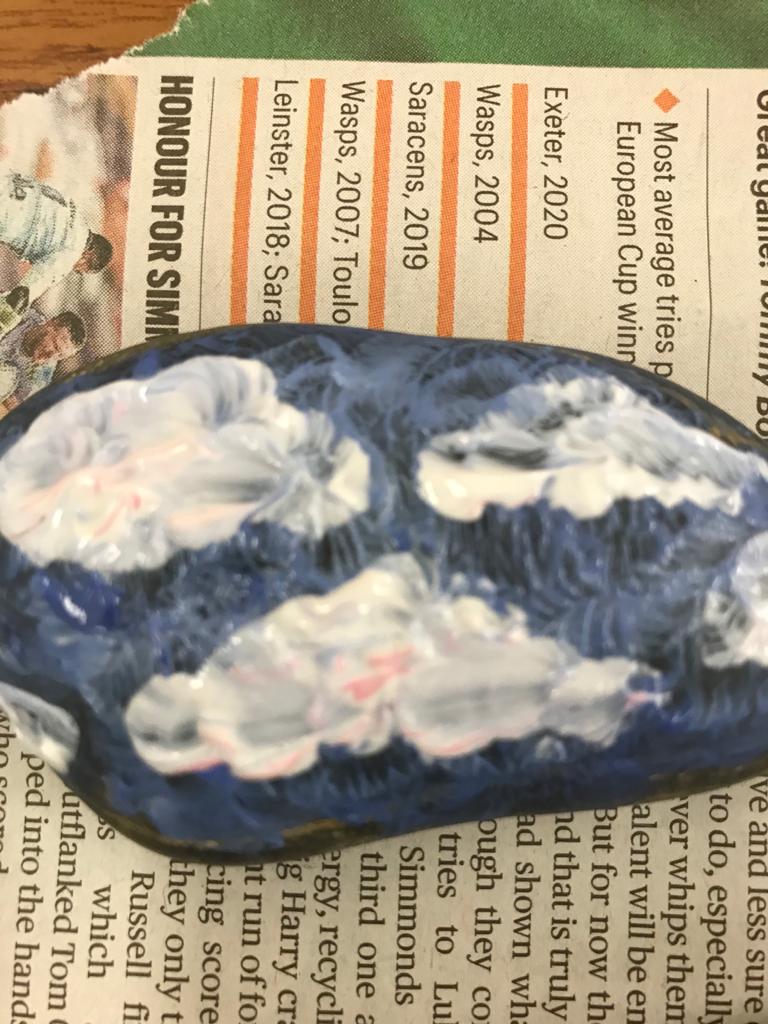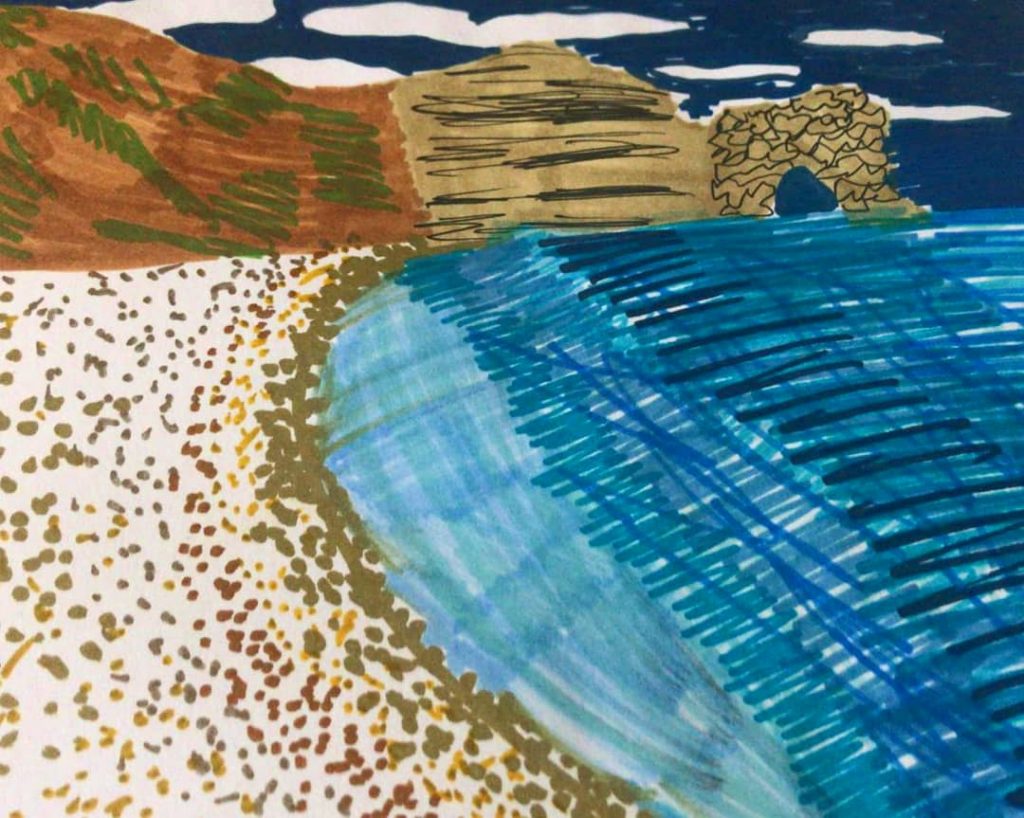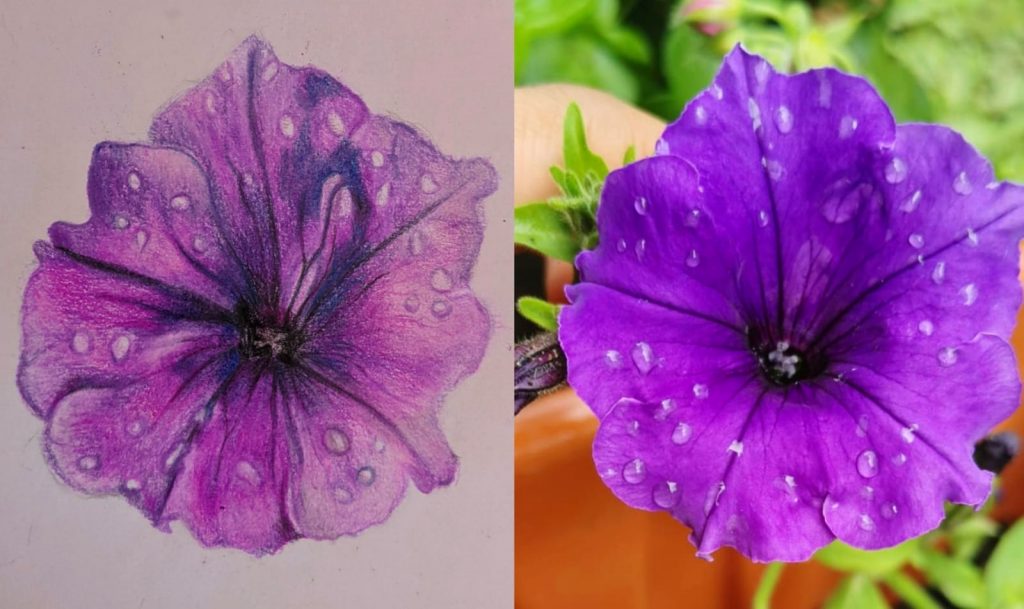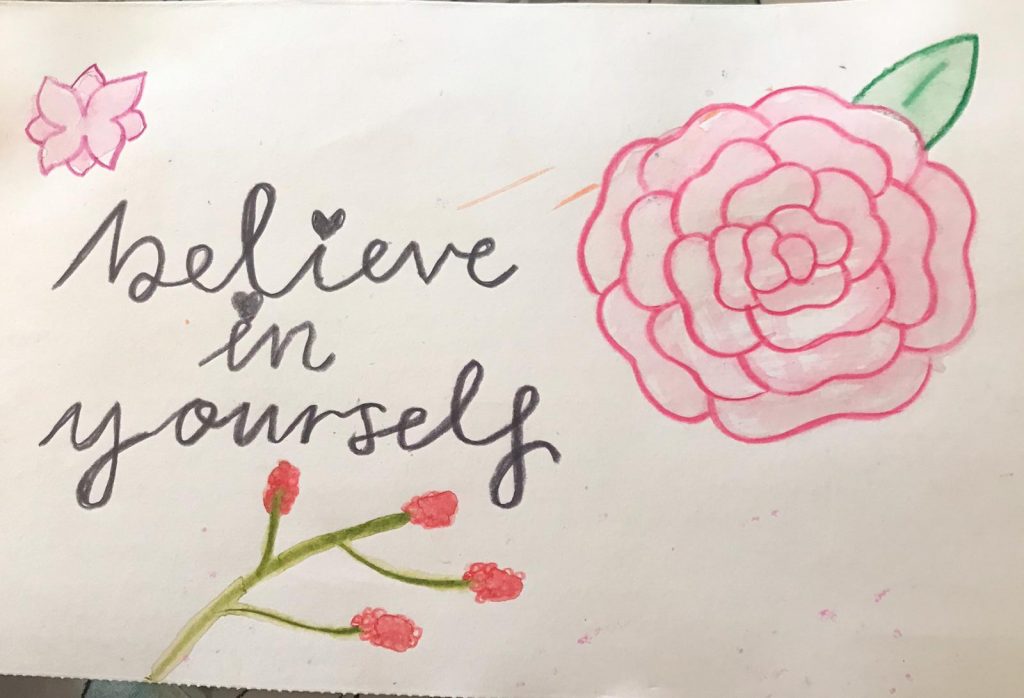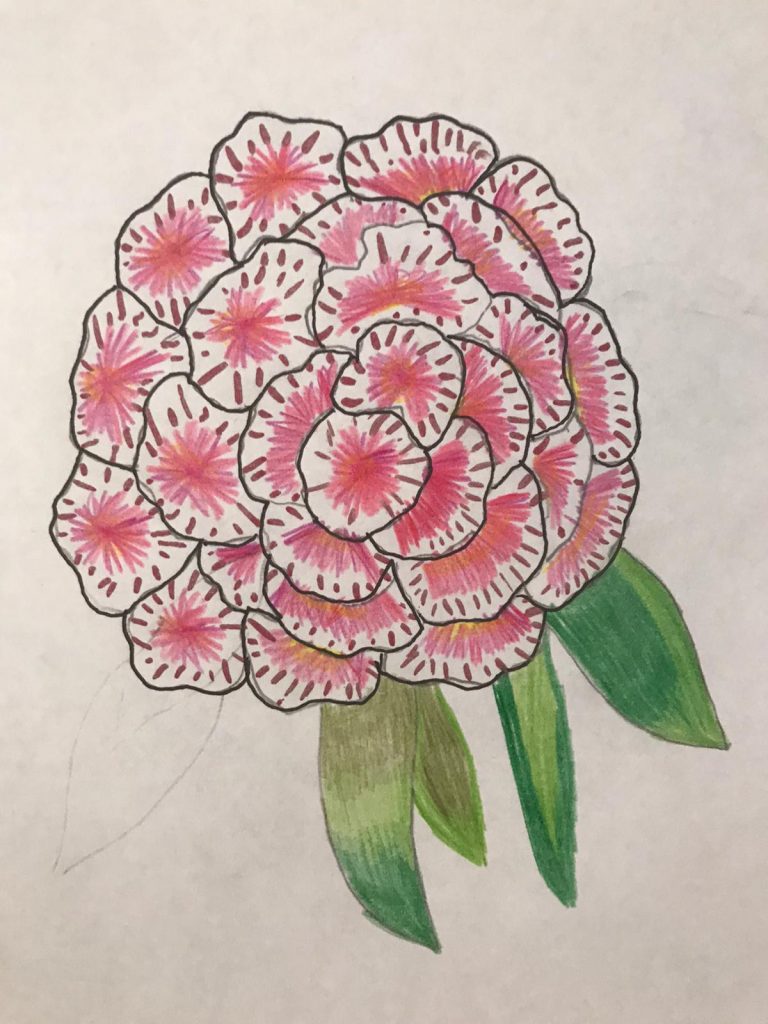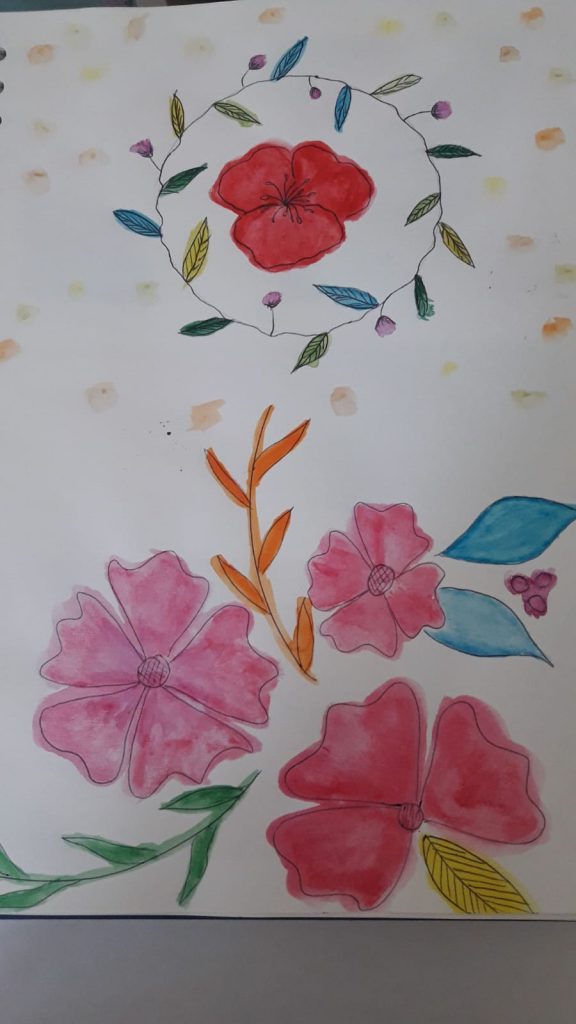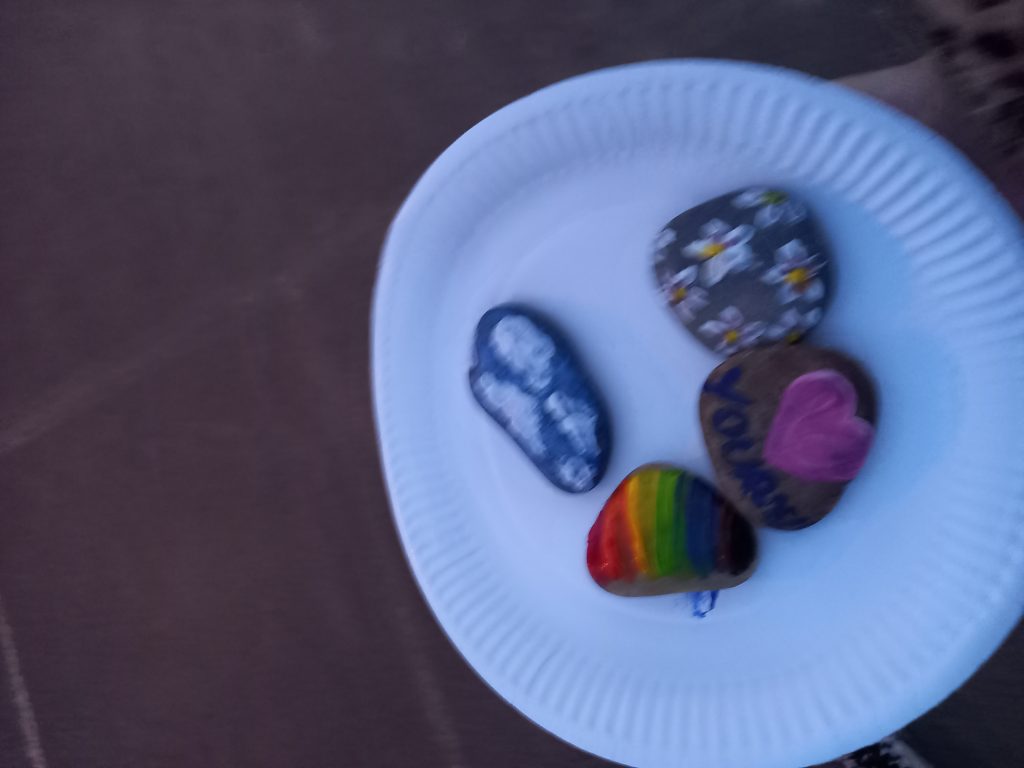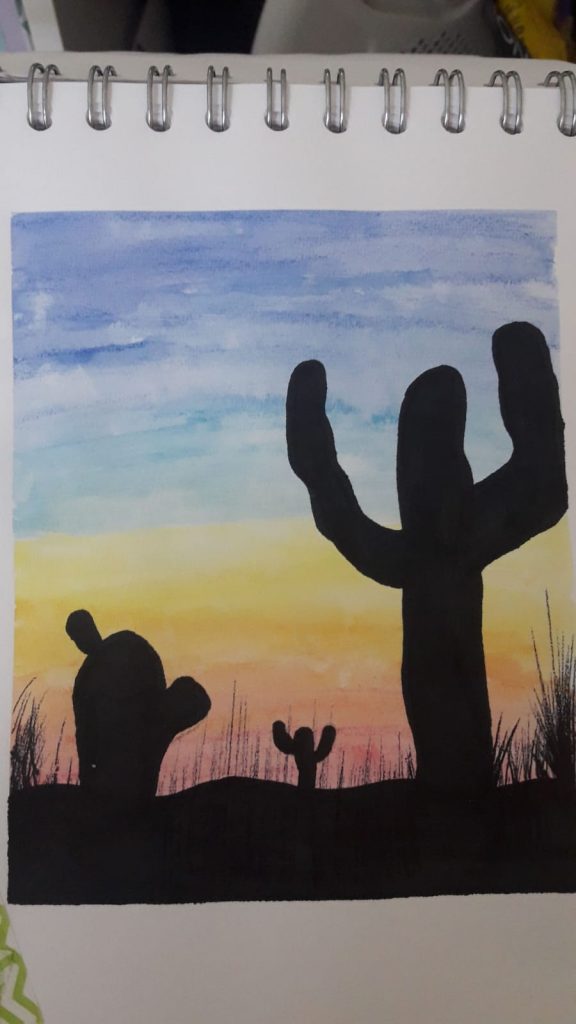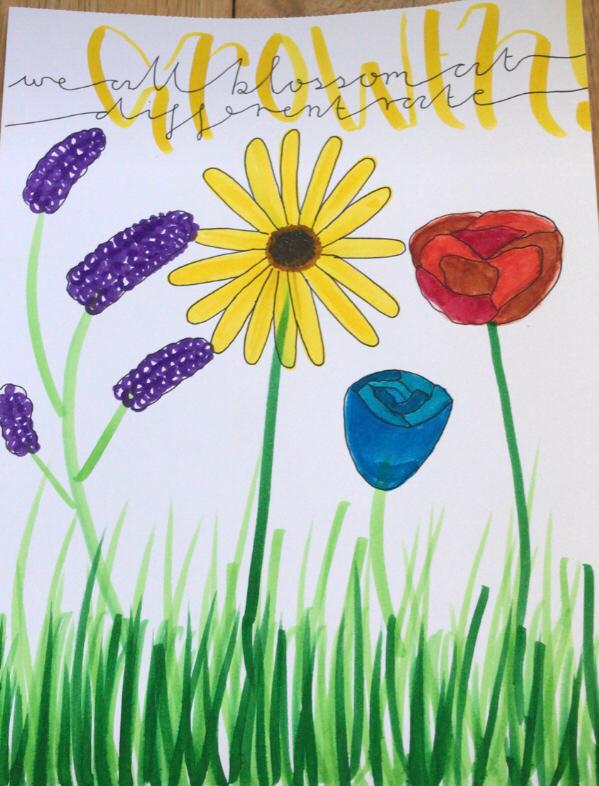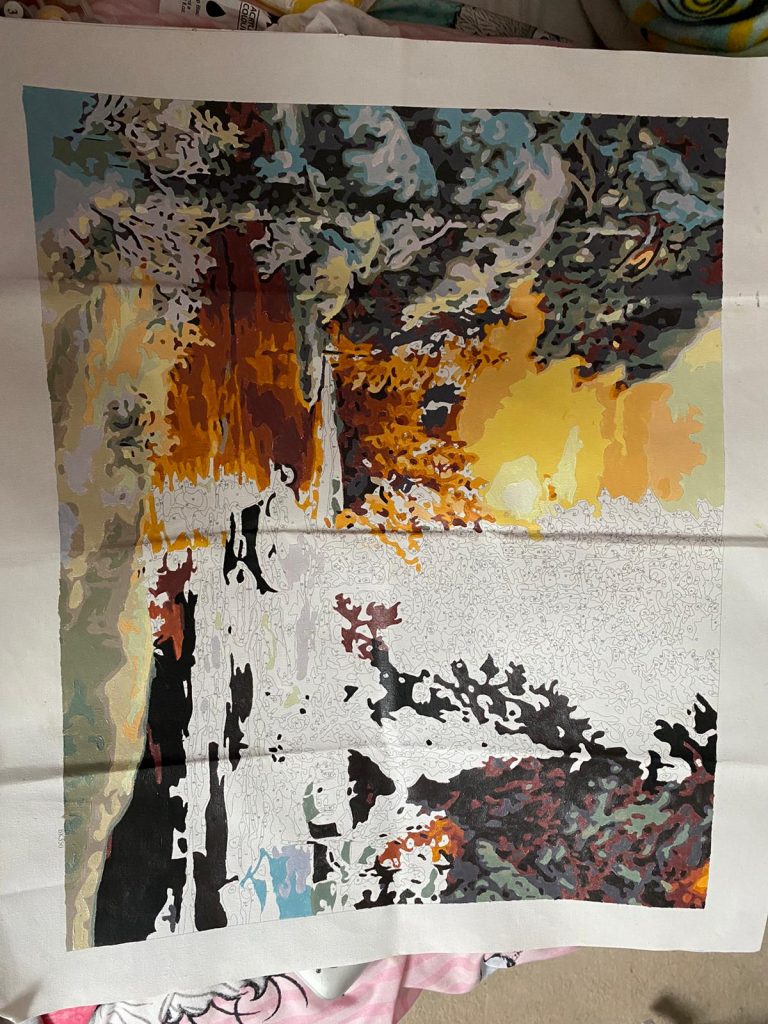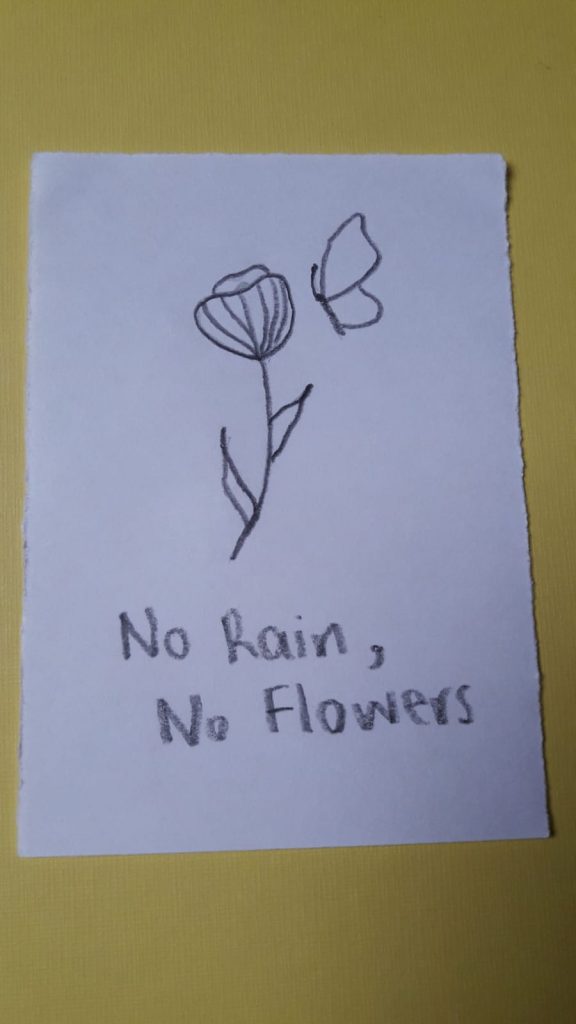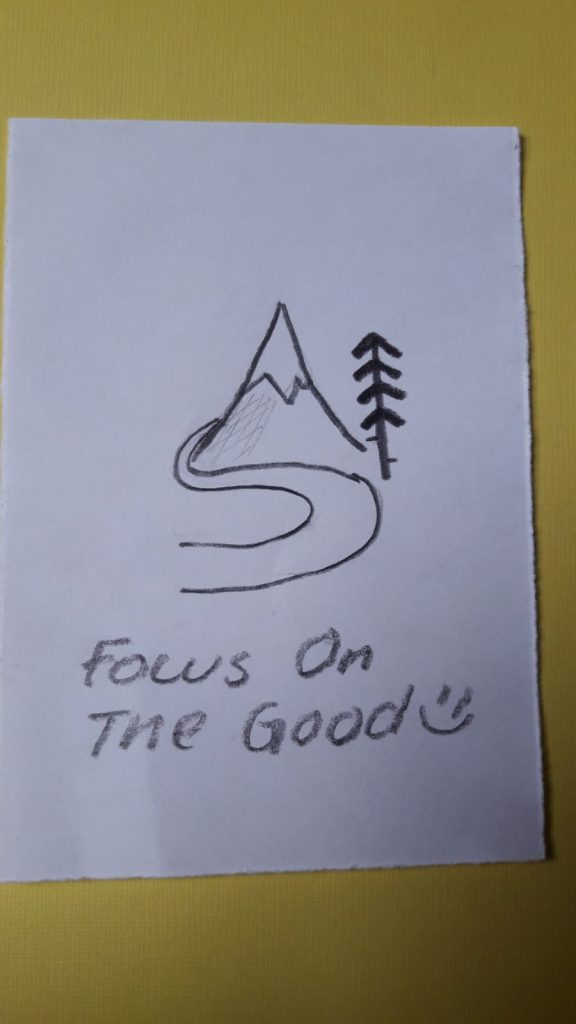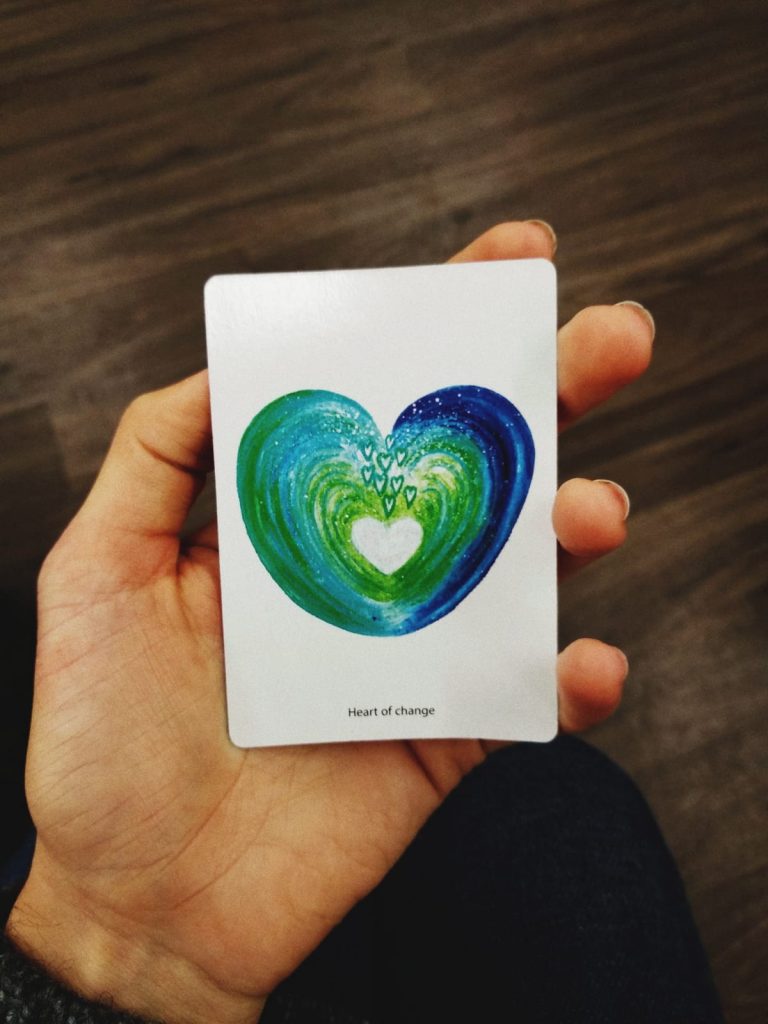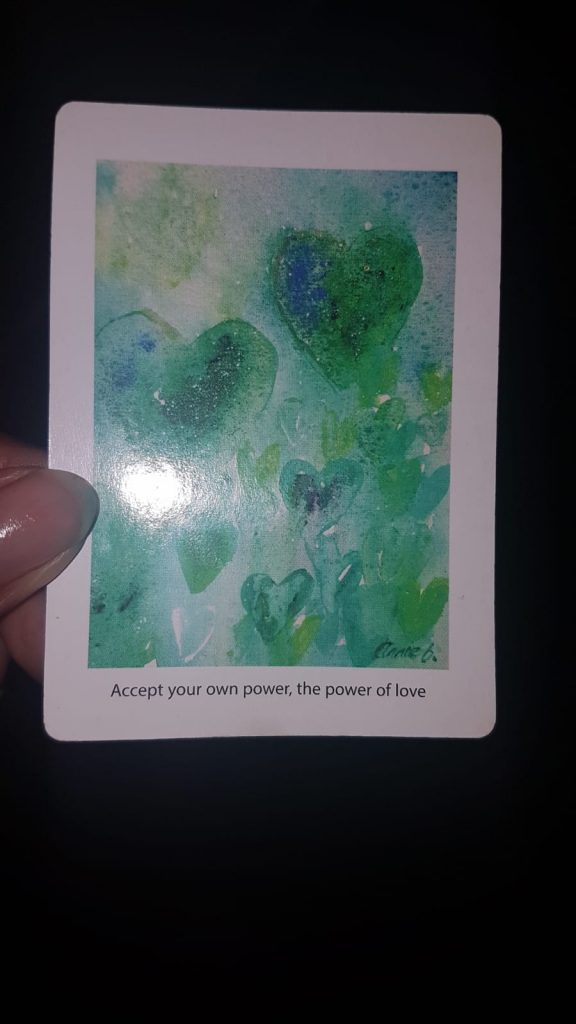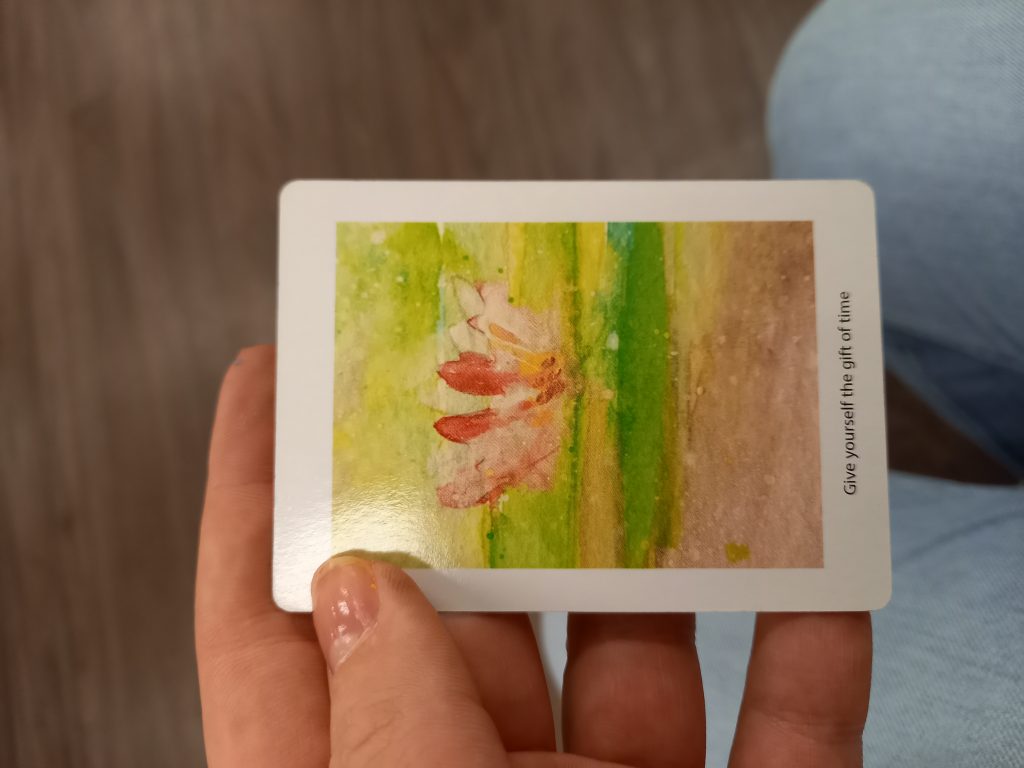Written by Youth Support & Participation Worker, Annie
This years Mental Health Awareness Week theme is Nature. Connecting with nature is a huge part of mental health, mindfulness and healing. Research demonstrated that for victims of trauma, natural settings play a key role in rehabilitation and recovery (Mowatt and Bennett, 2011).
It’s also something that many have learned as a way of coping with the pandemic, using daily walks in local parks or green spots to better their mental health. At Wish there has been many ways in which we connect with nature, especially since the start of the pandemic.
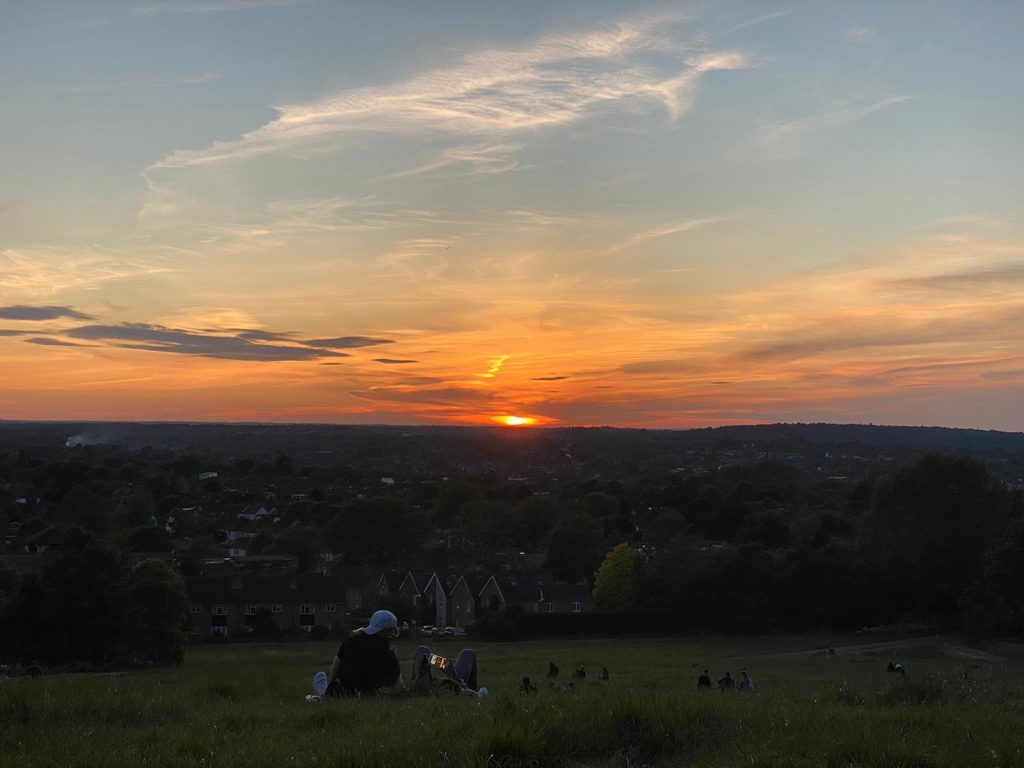
Self care for self growth summer project.
Last year one of our young volunteers received funding from London Youth to run a summer project, it consisted of weekly self-care tasks and each pack came with a grow your own plant set.
Our young people had something to care for every day when they were in lockdown and had fun sending updates to one another about the growth. Through weekly tasks we linked themes of nature with self care and self growth, and each week the plant would grow more.
We learned that if we take time, care, patients and nurture ourselves, we too can flourish like a plant does.
Outdoor Group.
Due to government guidelines, most of our group peer support sessions had to remain digital. However, when the weather improved we were able to run group sessions in a quiet green space in Harrow. After risk assessing a space that felt confidential, we invited the young people to meet for outdoor peer support. There was something very special about sitting in the grass amongst apple trees and connecting as a group. For some young people that was the first time they’d met each other in person, they said the outdoor space felt calming.
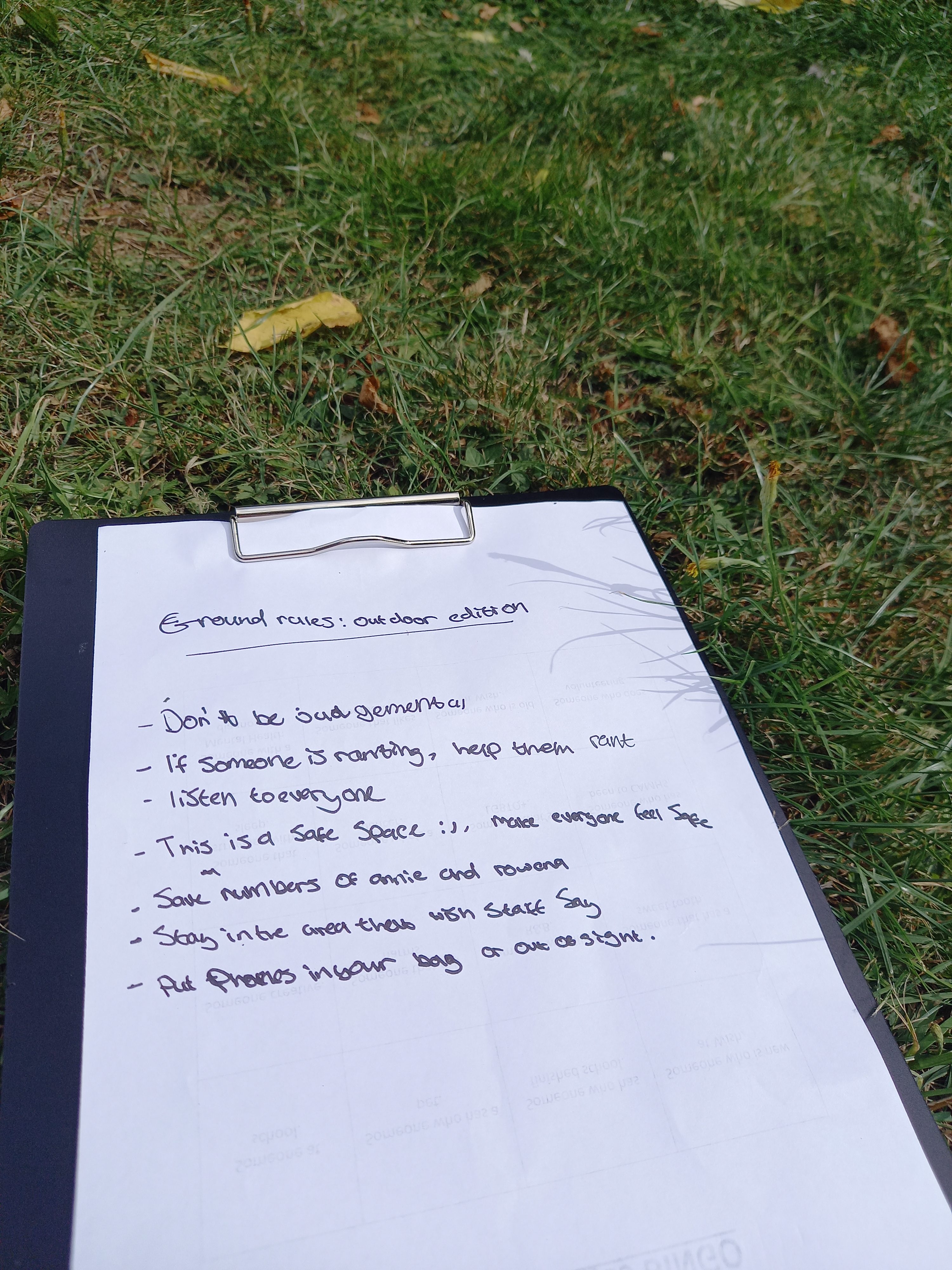
Walking Therapy.
When working with clients working through trauma, digital support was sometimes a barrier. One of our therapists Kaira, developed an option for young people to meet her and do a session whilst walking. Some of the young people found it good to be outside and breathe whilst talking and found the nature grounding.
Art & Nature.
To connect with surrounding nature during lockdown, we challenged the young people in group to find something from the outdoors to paint. It gave us the opportunity to be mindful about nature and it’s beauty/ uniqueness. The artwork was fantastic!
Young People’s Experiences of Nature.
“Walking is a reminder that whilst everything else feels surreal I’m okay, and there’s going to be a time when everything goes back to normal.”
“Running helps me because it prevents me from hurting myself. When I’m running I have to be aware of my surroundings, so I can’t think about the things that are making me feel down or upset. It also makes my brain tired and helps me sleep.”
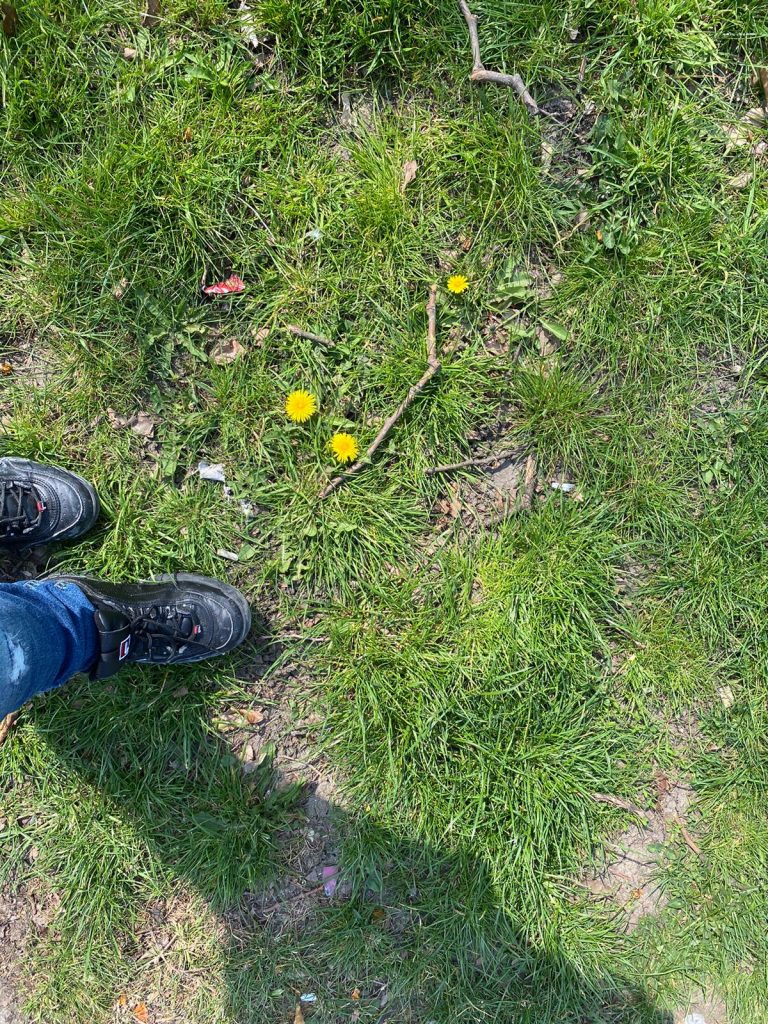
Nature themed Check Ins & Check Outs.
Sometimes for a check in, we will use the weather. The weather like our mental health can change drastically for time to time or it can remain the same for days. Some examples from group – “sun and rain” when there’s been good and bad, “tornado” when someone’s feeling chaotic or stressed.
For check out we sometimes use mother nature cards, they help young people to reflect on the week ahead until we see them again.
Nature Themed Mindfulness.
At wish our young people try out different breathing and mindfulness techniques with us to see what works for them. Two nature themed examples are visualisation & 5 senses.
Visualisation to Relax/ Distract:
- Sit comfortably, breathe deeply in through the nose and out through the mouth.
- Close your eyes, imagine you are walking around an outdoor space, it can be anywhere.
- Walk and take a look around, what can you see? Is it loud? Quiet? Is there anyone else there? Any nature? Can you hear anything? What’s the weather like?
- You see something and pick it up. What is it? Is it big? Small? Heavy? Light? What colours does it have? Whats the texture like? Is it rough? Smooth? Can you fit it in one hand or do you have to hold it with both hands?
- Find a space in the area and sit down/ lie down. Continue breathing and just rest there for a minute.
- When you feel ready, re-open your eyes.
Five Senses for Grounding/ If you are feeling a panic attack coming on:
- Using the five senses, notice what’s around you.
What can you see? What’s around you? - What can you hear?
- What can you smell?
- What can you touch in front of you?
- What can you taste?
